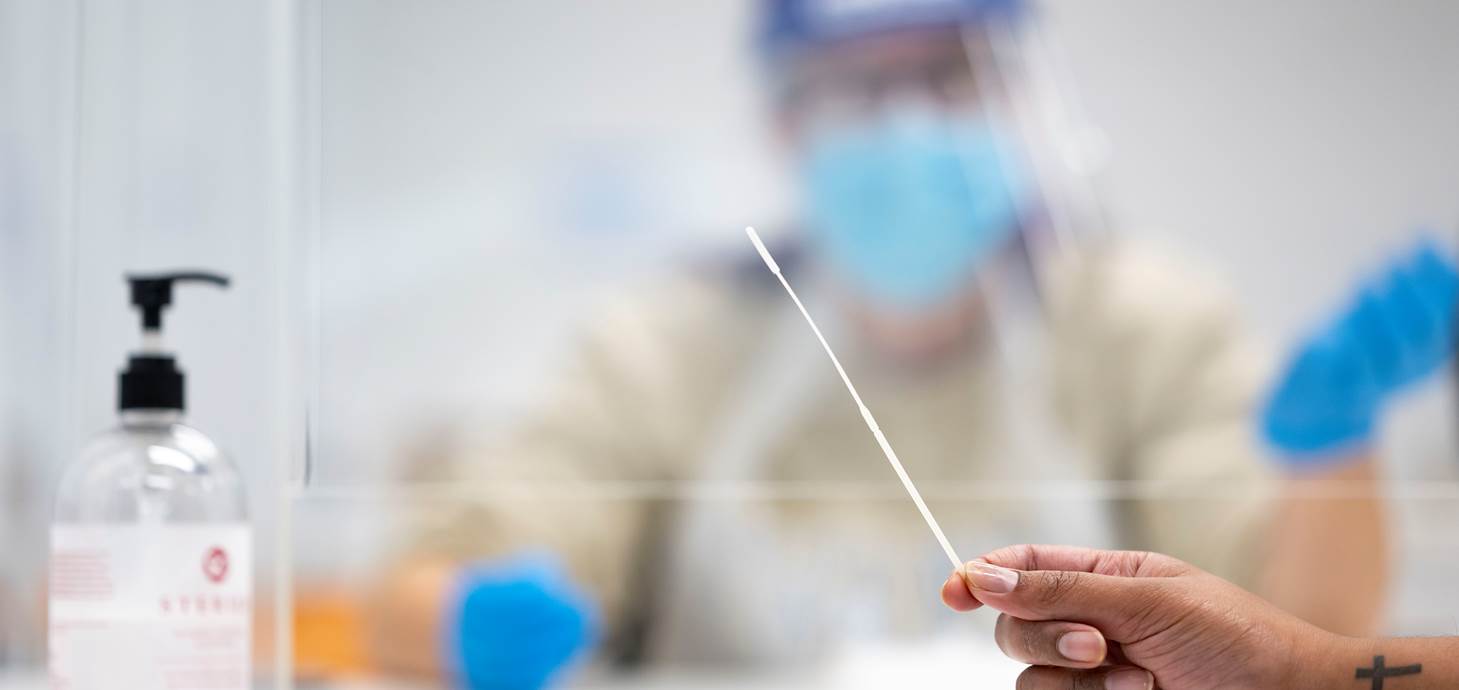
Researchers from Swansea University have been commissioned by the Senedd to explore people’s experiences of being contacted by Test, Trace, Protect (TTP) and told to self-isolate.
The project aims to explore some of the main challenges and barriers that people encounter, as well as some of the supports that help people cope with and comply with self-isolation.
The study is looking for people to complete an anonymous, five-minute online questionnaire on their experiences of being contacted by TTP.
To be eligible to take part, participants must need:
- To be living in Wales.
- To be aged 18 or over.
- To have been contacted by Test, Trace, Protect during the pandemic and have been told to self-isolate (either because they tested positive for Covid-19, or because they were told they had been in contact with someone who had tested positive for Covid-19).
A report detailing the research findings will be provided to the Senedd’s Health, Social Care and Sport Committee, and the Welsh Government if and where appropriate, as well as being published on the Senedd website.
The Swansea University project team includes Dr Simon Williams and Dr Paul White from the Centre for People and Organisation in the School of Management, and Dr Kimberly Dienes from the Department of Psychology in the College of Human and Health Sciences.
Dr Williams said: “Research evidence is lacking on the experiences of those members of the public being contacted and advised by contact tracing staff. These experiences, including any perceived challenges and barriers to receiving, understanding and acting on the advice provided, can help inform and improve future delivery.”
Dr Dienes said: “We are exploring a range of factors that might impact people’s ability to stick to self-isolation guidelines, including financial constraints, particularly for those on unstable income, and the adverse mental health impacts of self-isolation, particularly for those living alone."
This research has been approved by the Research Ethics Committee, College of Human and Health Sciences, Swansea University.
